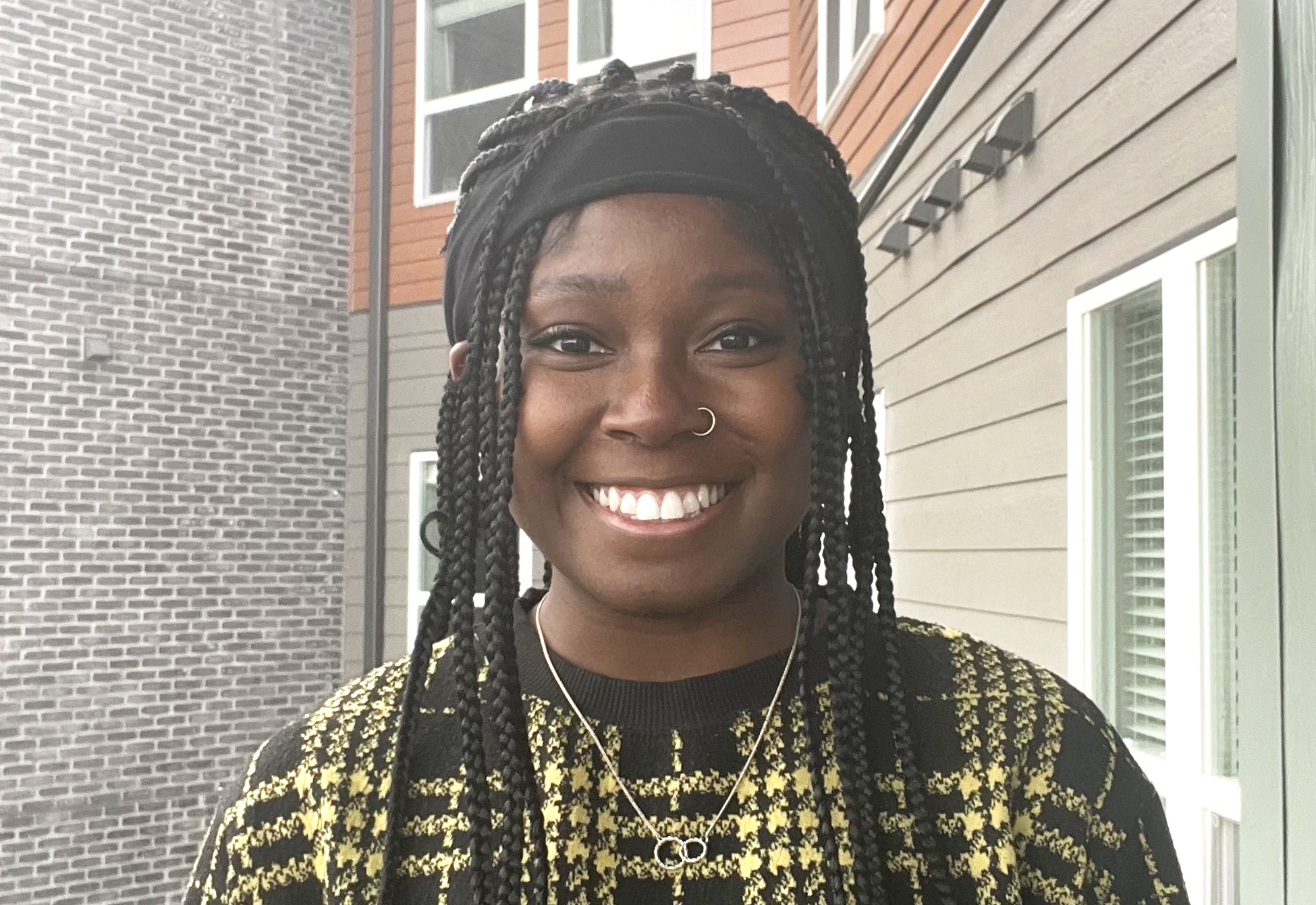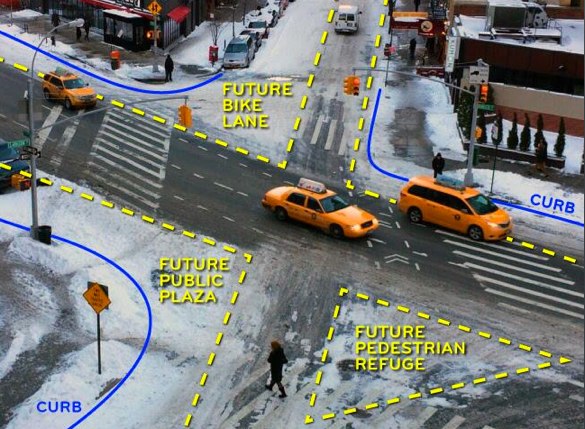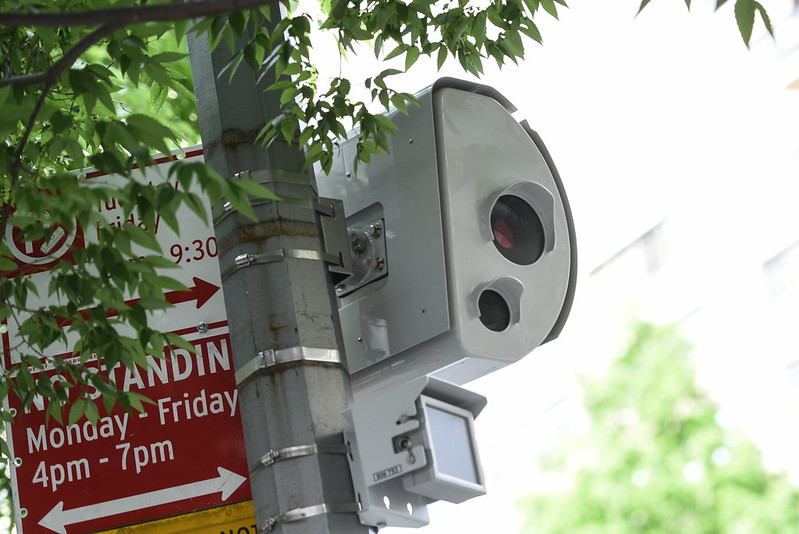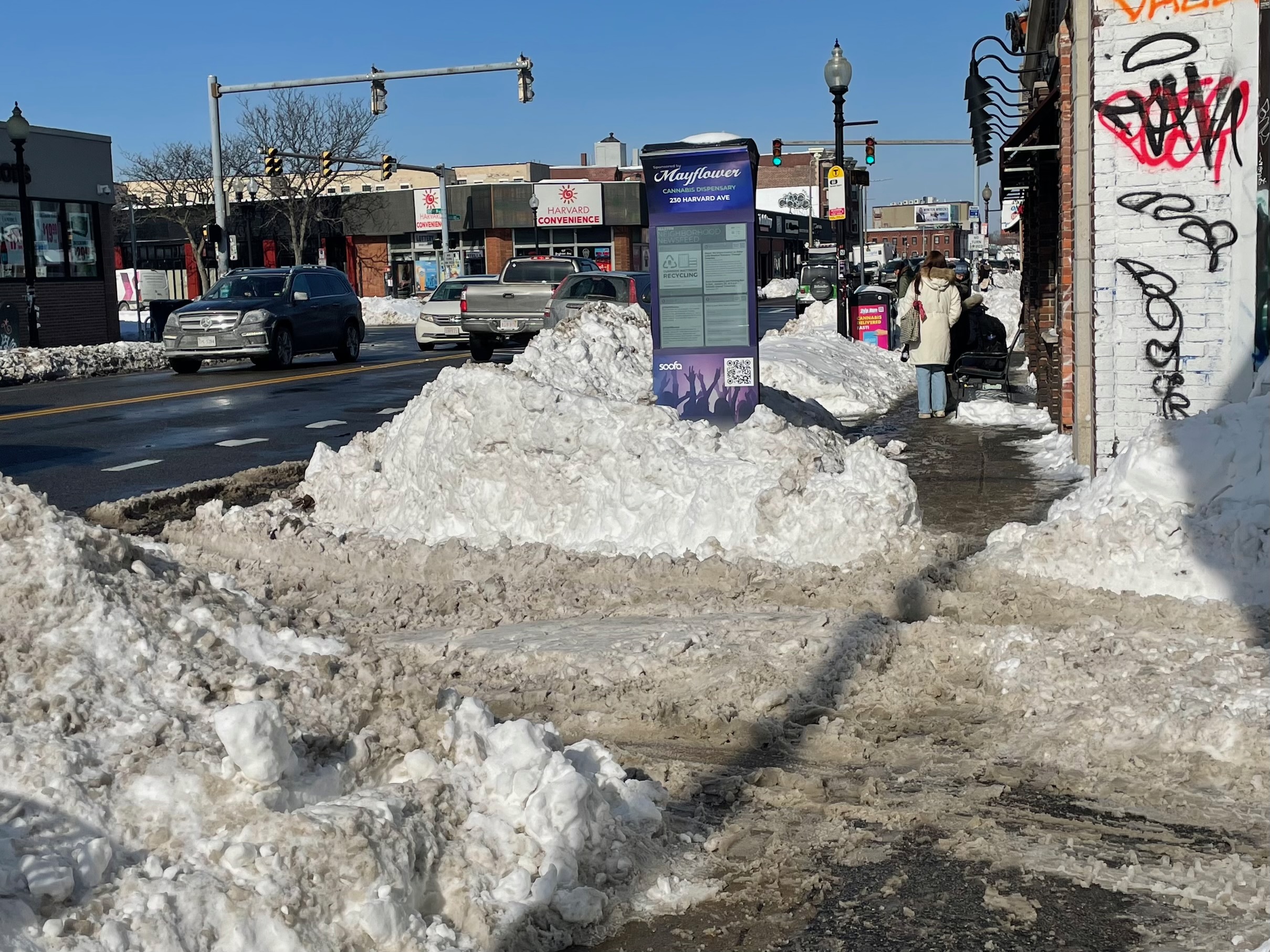Towards the beginning of high school, I remember taking a career aptitude test, not having a clue of what I wanted to do when I was older. One of the top results that came back was an “Urban Planner”. Truthfully, I had no idea what that was or what that meant; after comparing answers with my friends, I put it out of my head and I continued on with my life.
It wasn’t until years later that I realized that urban planning and policy had been showing up in and influencing my life every day.
I am very lucky and grateful to my parents and their paths of hard work, life-long learning, immigration, and commitment to community that led them to building a life in a place that has exposed me to the joys and privilege (and kept me humbled in the frustrations) of multimodal transportation and policy.
Growing up in Malden, the third rail sat right along the edge of my backyard. Like clockwork, everyone sitting or playing out back felt the rumbling under their feet and knew to pause their conversations because there was no way they would be heard over the roar of the old Orange Line. I had dreams of riding it end to end, just so I could see my house from the train car.
In middle school, I fondly recall the empowerment and agency that came with learning how to take the hissing bus to dance class or to local after-school pizza spots with my friends. And I less-fondly recall waiting for the bus in the snow at uncovered stops or running frantically to catch up to my bus that was already speeding off.
And in my teenage years and early 20s, as more sections of the Northern Strand Trail became open to the public, I loved playing mechanic to my old bike, straightening the chain over the gears repeatedly, just I could explore the expanding path, or complete a ride to my friends’ houses or the gym without flying off.
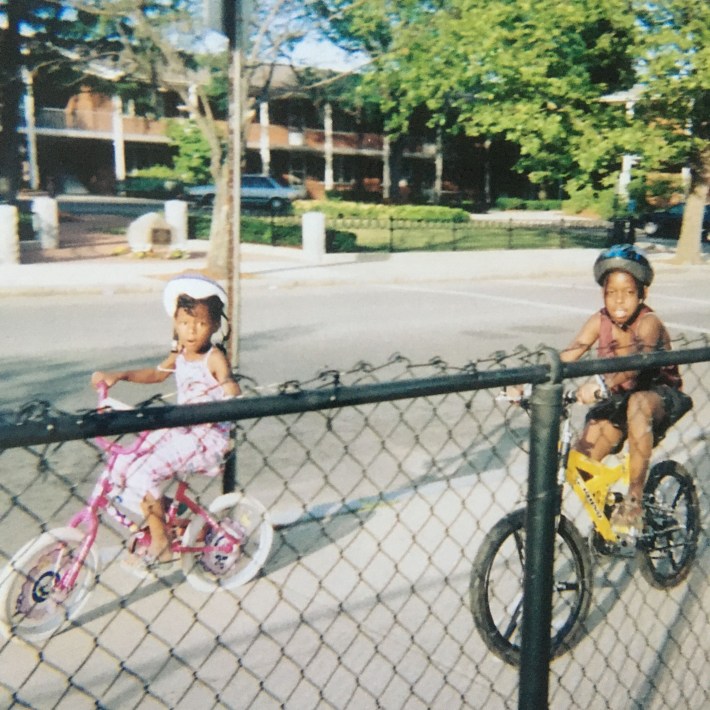
Attending Boston University for college brought the train right back into my backyard for another four years, this time swapping the Orange Line for the screeching Green Line. Though despite its screeching, the T, as well as Boston's walkability and strong human-centered design, expanded my reach across and love for the city and its surrounding areas. Admittedly, I was nervous about attending a school that did not have a traditional "campus feel”. But the community I was able to cultivate and adventures I got to have, from dining and nightlife in Allston to Red Sox games and concerts in Fenway, all being just a short walk or ride away from my door produced some of the most impactful moments of my young adulthood.
My studies and work during this time also brought me closer to exploring this field that the career aptitude test predicted all those years ago. In college I gravitated towards Political Science and policy conversations, frequently asking myself the question “why are things the way they are?”
Following school, I've worked primarily in education and policy. Since starting my career journey, I have learned about, read about, and unfortunately sometimes found myself in spaces that are not safe for my intersectional identity as a young Black woman, or welcoming of Black voice and thought. My personal and professional passion for equity has pushed me to expand my circles to work at the intersection of various kinds of policy, because not one of them exists in a vacuum.
We cannot help where we are born and what circumstances we are born into, but it is through progressive and equitable policy that we can unlock levers to social mobility and happiness - access to schools, health care, the grocery store, family, friends, green space, entertainment - whatever fills our cups as we navigate this world. It is in learning more about and challenging inequities that I have found fulfillment (and real struggle) in the work that I do.
“There is nothing of any consequence in education, in the economy, in city planning, in social policy that does not concern Black people.”
Toni Morrison
Some of the greatest memories and experiences I have been able to have and hold are because of intentional, inclusive design that has allowed me to travel to and see some of the most beautiful parts of our world.
Some of my favorite rides I’ve taken include the Verde Canyon Railroad in Clarksdale, Arizona, just an hour north of Phoenix that winds through red rocks and told the history of western copper mining. I was taken aback by Chicago’s architectural boat tour through the heart of the city that showcases a living time capsule and stunning landscapes. And after my exposure to it, I cannot recommend enough the Amtrak's Coast Starlight route that took me through the four seasons in just a day and a half from rainy Seattle, up into the snowy mountains of Oregon, to along the coast hugging the beaches of Southern California.
And of course, the ferry to Fire Island in New York to a car-less utopia, the classic Red Line ride over the Longfellow Bridge on the way to Davis, or Porter, or Central to meet up with friends, biking down Comm Ave (terrifying) and the Esplanade (far less terrifying) with friends as the sun set over a long day at school, even my personal ritual of flying into Logan Airport, taking the Logan Express to Back Bay, stopping for Tasty Burger and conversation with the bartender before taking the Orange Line the rest of the way home. I am all the better for what I've been able to see, experience, and share with my communities thanks to multimodal, accessible, inclusive transportation.
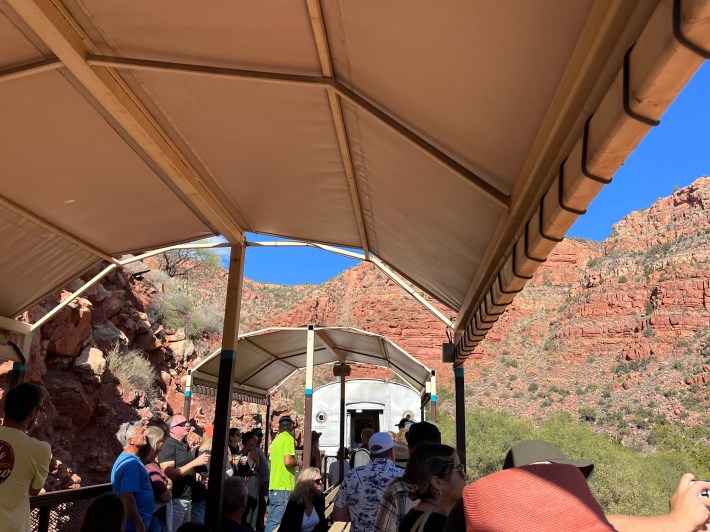

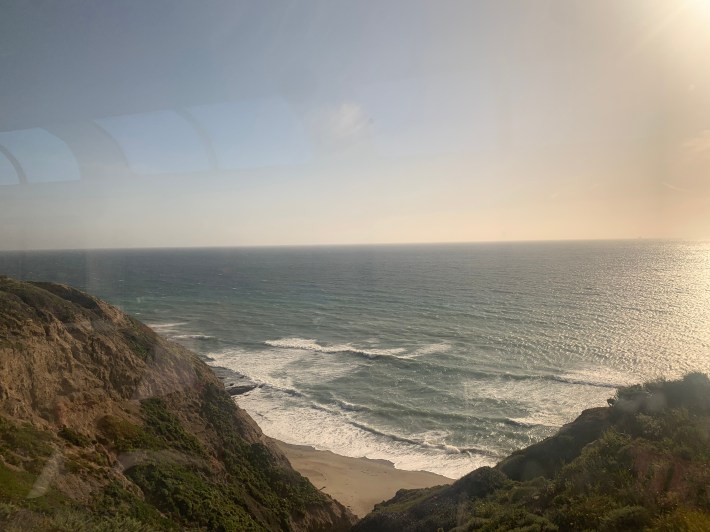
Equitable planning and access to quality multimodal transportation increases everyone’s quality of life and connects us to what we love and what we need.
But sometimes safe, equitable, dignified transportation is put at risk by exclusionary policies that limit access to resources. Historically, there has been little to no shame from racist, ableist, classist, anti-LGBTQ+ policymakers in their decisions to rob generations of people of not only their dream homes, high-quality schools, and joyful third places, but also clean air, financial opportunity, a full life, and freedom to move and simply exist - all from a baseless stance of superiority and white supremacy.
While we celebrate their strengths, we have to be acutely aware of the shortcomings of our systems, address the harmful history that precedes them, express curiosity in how they can be improved, and engage in advocacy to dismantle and better them for us all.
We all deserve a fair chance at defining and aspiring to our own versions of success, to not fear our streets but to move about them how we choose, and to exist comfortably and in community.
I am excited to be reporting for Streetsblog, and exploring storytelling, research, policy, advocacy, and equity in this new way. I can’t wait to connect with you, hear and elevate your stories. Please do not hesitate to reach out to me at meghan@streetsblog.org or follow and engage with me on Instagram at @meghanvolcy.jpeg, or Twitter and TikTok at @MeghanVolcy.
Read some of Meghan's first StreetsblogMASS stories here:
